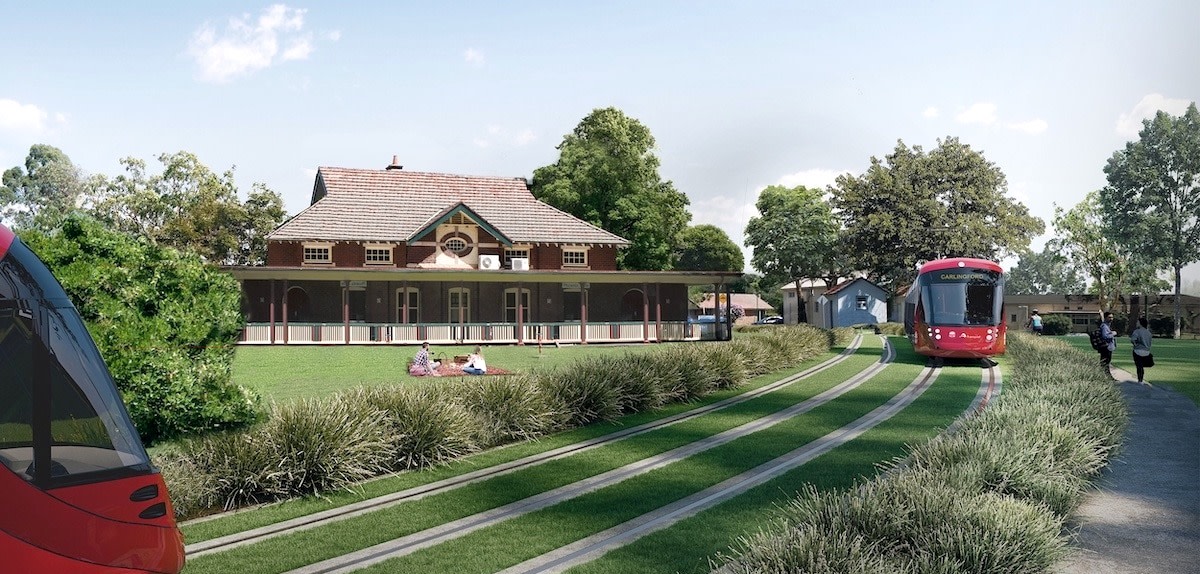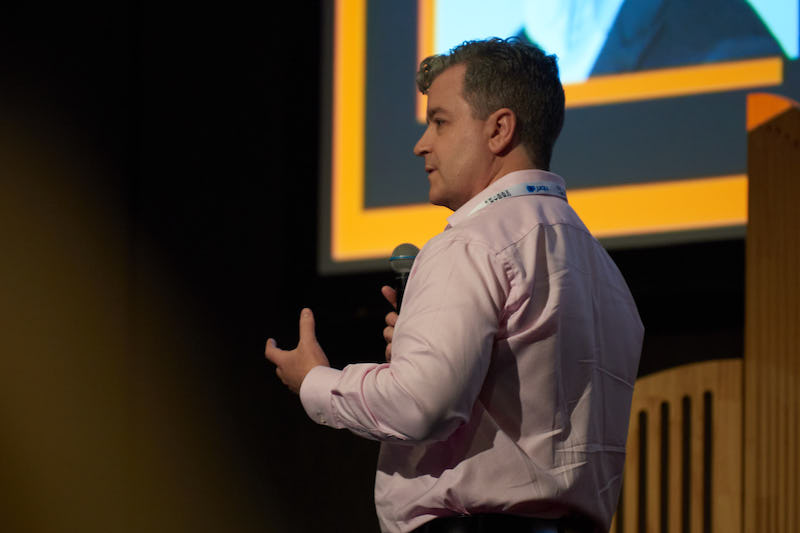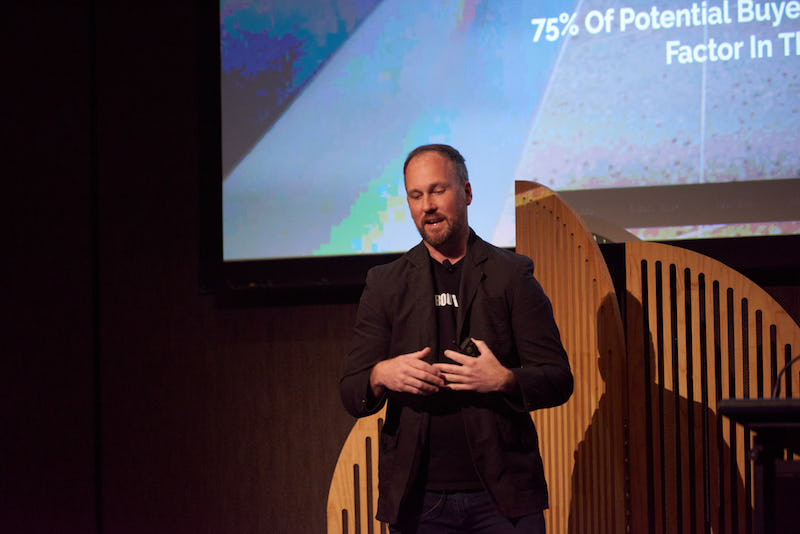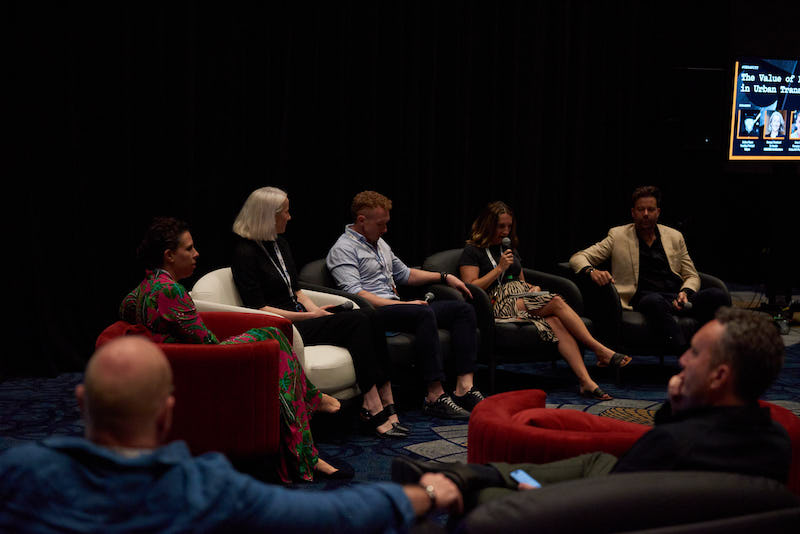The impact of climate change on our cities and lives will be profound, and we are not doing enough, fast enough—but that can change, according to one of Urbanity 2024’s key speakers.
“We know climate change is accelerating, but it’s worse than we thought and it’s happening sooner than we thought,” Dr Stefan Hajkowicz, chief data consultant at Data61, the digital specialist arm of CSIRO, said.
Hajkowicz will be a key speaker at The Urban Developer’s Urbanity conference, to be held on the Gold Coast from July 30 to August 1, discussing the need for urgency and change to create resilient cities.
Earlier this year it was revealed that global temperature increases had already exceeded 1.5°C, a major control milestone enshrined in the Paris climate agreement, and may pass 2°C later this decade.
“This wasn’t meant to happen until the 2030s,” Hajkowicz said.
And while there is some sense of urgency around climate change in the built environment, it is not enough.
“Heat and drought are the main issues impacting our cities, and keeping our cities cool, and supplied with water and greenery, is going to be a bigger focus of our cities into the future,” Hajkowicz said.
▲ Dr Stefan Hajkowicz, chief data consultant at Data61, the digital specialist arm of CSIRO, will be among key speakers at Urbanity 2024.
Other megatrends in city building to adopt to the changing climate include sustainable resource use, energy and electricity, he said.
“Energy consumption is not expanding that rapidly, we’re becoming more efficient, but what is increasing is electricity consumption as we move towards electric cars.
“Another big source is cooling. We add nine new cooling units to this world every second and it will massive increase energy demand.
“The good news is that cost of renewables is coming down, and we are heading to a 50 per cent renewable grid in Australia.”
Battery technology is also becoming more feasible, and integrating these new technologies into cities is not only advisable, but necessary.
But in terms of energy efficiency, we still have a long way to go.
“A huge number of Australian buildings are scarily low in terms of efficiencies,” Hajkowicz said.
“A significant number of new builds are still poor performing on energy rating and bringing them up will be hugely valuable, especially as electricity prices will continue to go up and that is likely to force more of that.”
▲ A render of Parramatta Light Rail’s green tracks that will use 81 per cent less concrete in its construction.
Things are moving, he said, with Melbourne, for instance, one of the first cities to introduce Chief Heat Officers, who look at the impact of heat on the city.
“They even have an innovative tool where you can walk across Melbourne on a hot day and find the coolest route across,” Hajkowicz said.
“But one of the most cost effective interventions in cities is trees; trees and vegetation and greenery.
“In Parramatta and Greater Sydney, the new tram will have green tram tracks, which reduces heat by up to 10°C on a hot day.”
Parramatta Light Rail’s green tracks used 81 per cent less concrete in its construction.
“We need to ramp up greenery on skyscrapers and building fronts, so that they are functional at reducing heat as well as aesthetic,” Hajkowicz said.
“These are the challenges of moving towards energy resilient cities.”
As well as the need for increased efforts towards cooling our cities, Hajkowicz will discuss the huge shifts towards not only health and wellbeing in the built environment, which has prompted a consideration of issues of social value, but also the ongoing need to have “pandemic-proof” cities.
Urbanity 2024 is the sixth year for the three-day conference hosted by The Urban Developer and will this year feature more than 50 speakers, including Hajkowicz.
Being staged at The Star Gold Coast for the third time, the event is expected to attract more than 700 attendees from the property industry.
Site tours, roundtable discussions, inspiring projects and people, networking and after parties are all part of Urbanity 2024.
The key themes for Urbanity 2024 are Net Zero Nation Building, Rapid Housing Solutions, Humanising Cities, Artificial Urban Intelligence, and Planning for Advanced Cities.
Click here to register and learn more about Urbanity 2024.










![[+] Greenfield dilemma](/_next/image?url=https%3A%2F%2Fimages.ctfassets.net%2F8pr762qjocl3%2FZlsFAa3UgYnS2GAllGpu9%2F873fa518f16ef970101830950ad2def6%2F____greenfield_dilemma_WEB.jpg%3Fw%3D743&w=3840&q=75)








